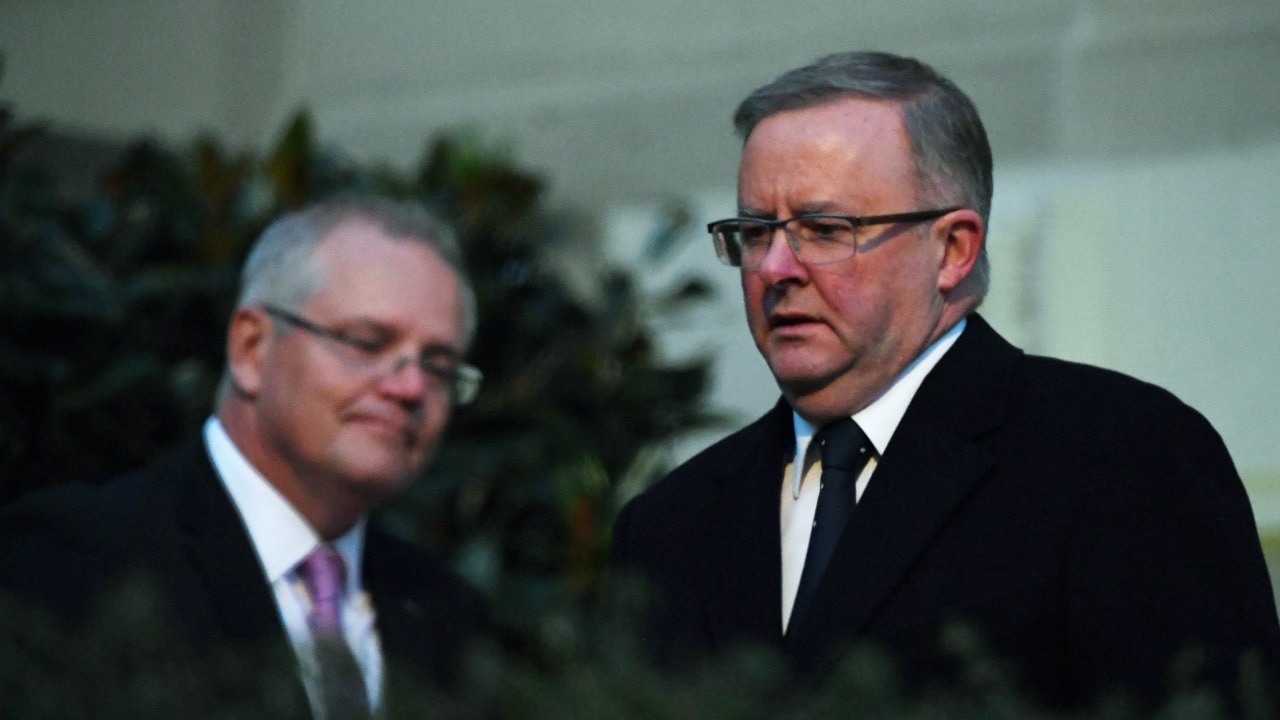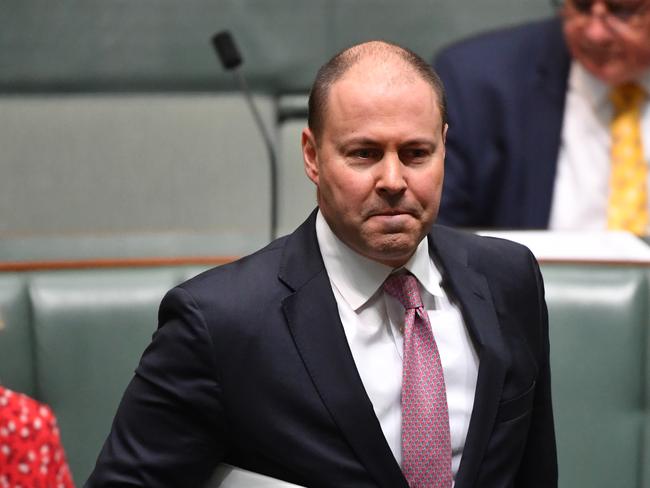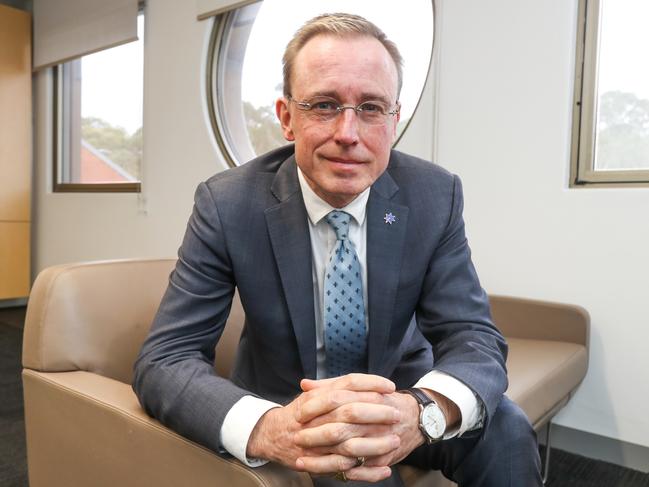$60 billion JobKeeper bungle: SA businesses push for extended payment
There are new calls to extend JobKeeper into next year after a major paperwork bungle led the government to reveal millions fewer Australians would receive wage help.

Coronavirus News
Don't miss out on the headlines from Coronavirus News. Followed categories will be added to My News.
- Drinks all round: Pubs can open after Marshall booze backflip
- Are you getting the most from your Advertiser subscription?
An embarrassing paperwork bungle – which has seen the costs of the JobKeeper scheme slashed by $60 billion – has prompted fresh calls from South Australia’s business community for the six-month payment to be extended.
SA’s tourism sector is calling for the $1500-a-fortnight payment to be extended as far as March 2021 – with the savings from the “reporting error”.
In an extraordinary development on Friday, federal Treasury revealed it had massively over-estimated the six-month scheme’s cost and revised it’s forecast down from $130 billion to $70 billion.
It also revealed only 3.5 million Australians were expected to get the payment, not 6.5 million as initially forecast.

The error was blamed on about 1000 businesses, which made “significant errors” on their paperwork when applying for the scheme.
“The most common error was that instead of reporting the number of employees they expected to be eligible, they reported the amount of assistance they expected to receive,” the statement said.
“Over 500 businesses with one eligible employee reported a figure of ‘1500’, which is the amount of JobKeeper payment they would expect to receive for each fortnight for that employee.”
Treasurer Josh Frydenberg said the miscalculation was “good news for the taxpayer”, but federal Opposition leader Anthony Albanese described it as an “absolute shambles”.
About $8.7 billion has already been paid to more than 759,600 businesses, covering about 2.9 million employees.

Mr Frydenberg reassured Australians no money would be clawed back, saying no payments were sent out that shouldn’t have been.
Tourism Industry Council SA chief executive officer Shaun de Bruyn said the Government should use the underspend to extend the payment for another six months for businesses that relied mostly on overseas tourism.
“They just have no chance of getting their business back up and moving until international borders open up,” he said.
Business SA chief executive Martin Haese, pictured, said the “bungle” meant the government had “more gas in the tank” to revive the economy.
He urged the Federal Government to extend the scheme beyond September and target it at businesses hit hardest by coronavirus restrictions.
Australian Hotels Association SA boss Ian Horne, who wants the wage subsidy to remain for struggling sectors until at least December, said: “They’ve clearly now got a very significant capacity to extended it.”
“Even if there wasn’t this obvious saving, there is an overwhelming argument for hospitality and tourism to be a special case across Australia,” he said, warning many pubs, hotels and cafes would not survive if the payment was cut off in September.

MORE NEWS
Uncertain times for SA’s Target workers as bosses flag job cuts
Boycott calls as Kmart takes over Target in Australia
Time for Pell to go says Adelaide’s new archbishop
State Labor leader Peter Malinauskas said the scheme should be widened to include about 1000 South Australians who worked at venues such as the Adelaide Convention Centre, Coopers Stadium and the Adelaide Entertainment Centre, who were ineligible because they worked for a government enterprise.
“This would be a fraction of the $60 billion underspend but would make a world of difference to more than 1000 South Australian workers who face an uncertain future,” he said.
Mr Frydenberg said the underspend was “not an invitation to go and spend more”.
“All the money that the government is spending during the coronavirus period is borrowed money,” he told ABC.
The “reporting error” was detected on Thursday by the Australian Tax Office and Treasury as they analysed the amount which had been paid out.
“It was not picked up by the ATO earlier as their primary focus in the first fortnight of JobKeeper payments was on ensuring that JobKeeper payments were paid promptly to those eligible for them, and not paid to those who were ineligible,” Treasury’s statement said.
